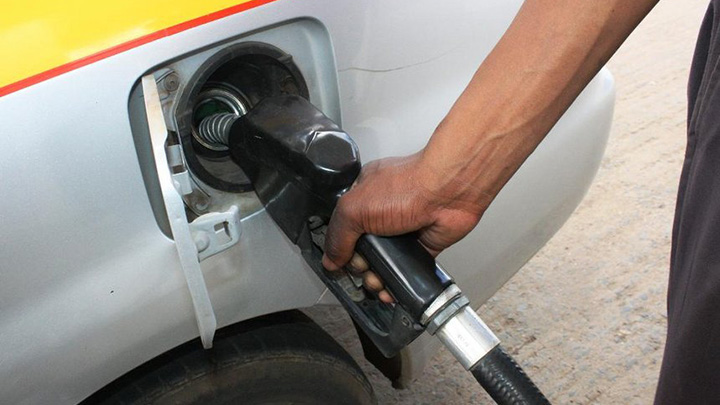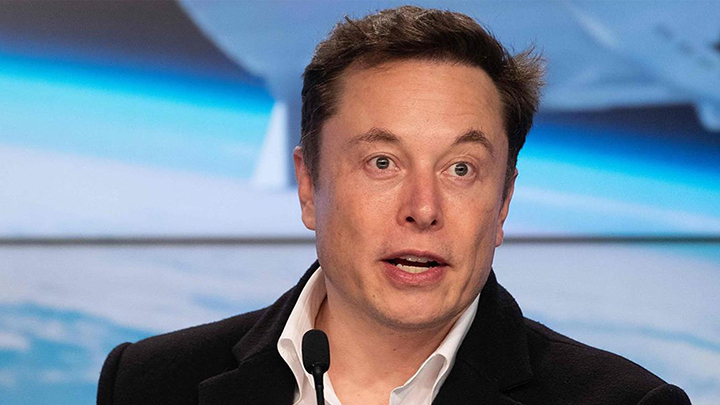The Motorists Association of Kenya (MAK) has lodged a formal objection to the recent rise in the road maintenance and fuel levy, arguing that the process lacked transparency and legal grounding.
This follows the Energy and Petroleum Regulatory Authority's (EPRA) decision to raise the levy from Sh18 to Sh25 per litre, a move that has generated significant public criticism.
MAK contends that EPRA exceeded its authority by implementing the levy increase without prior public consultation or parliamentary approval.
"We strongly object to the mid-July fuel price adjustment, particularly the increase in the Road Maintenance and Fuel Levy from Sh18 to Sh25 per litre," a statement from the Association declared.
"This decision disregards the concerns raised by both MAK and the Kenyan public."
Read More
Furthermore, MAK raises concerns regarding the allocation and efficacy of the levied funds.
They cite a recent Road Maintenance and Fuel Levy Audit that suggests a lack of demonstrable road repairs or construction projects completed in the past year.
"The levy increase appears to be a tactic to obscure the reality of potential fuel price reductions," asserts MAK.
They argue that the significant decline in fuel import costs should have translated into a more substantial decrease at the pump, a decrease that EPRA allegedly failed to implement.
The Association emphasizes a potential misappropriation of funds, stating, "The expansion of our national road network to bitumen surfaces has demonstrably reduced road maintenance expenditures. However, pump prices have not fallen by the Sh7 per litre that this reduction in maintenance costs should have yielded."
Former Cabinet Secretary for Roads and Transport, Kipchumba Murkomen, estimates that the levy increase will generate an additional Sh32 billion annually for the government, bringing the total annual levy collection to Sh83 billion.
Murkomen suggests these additional funds will be directed towards road repairs and construction, given the projected Sh315 billion funding gap for road maintenance between 2023 and 2027.
However, MAK's challenge compels a closer examination of transparency and accountability in the use of these levied funds.
The onus now falls upon EPRA to justify the levy increase and assure Kenyans that the additional revenue will be demonstrably used to improve the country's road infrastructure.







